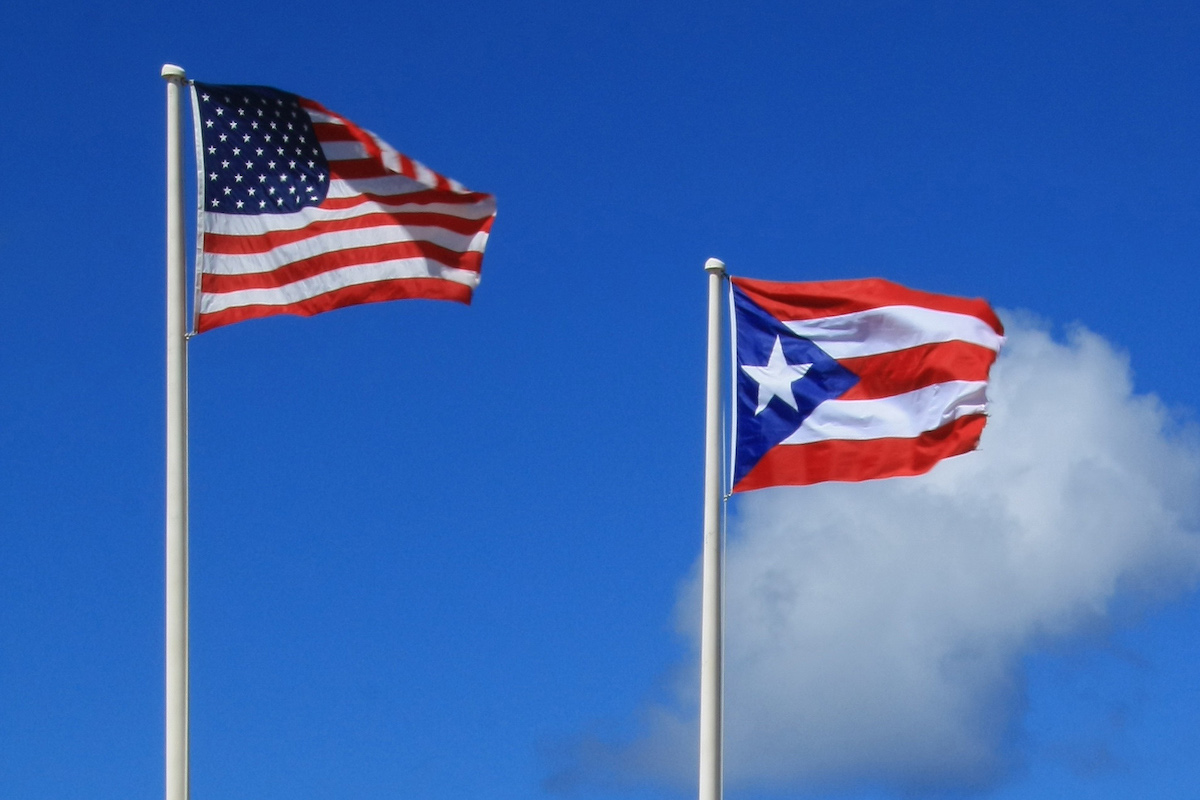By Javier Rúa Jovet
In the United States, winning a swing state with many Electoral College votes can determine a presidential election. It can elect the leader of the free world.
Florida has 29 such electoral votes, and the million or so Puerto Ricans residing mostly in that state’s central corridor will probably determine if those decisive votes go to President Trump or to Joe Biden.
To win the presidency, you must win Florida. To win Florida, you must win the Hispanic vote. To win the Hispanic vote, you must win the Puerto Rican vote.
It’s that simple.
The awesome power of Puerto Rican diaspora politics has never been more evident. Not a day after Vice President Biden unveiled in Kissimmee an unprecedented and detailed plan for Puerto Rico, Trump reacted with an 11th hour promise to finally disburse billions of FEMA reconstruction funds for the island. Three years after hurling paper towels at Puerto Ricans in the aftermath of Hurricane María, Trump now promises to hurl greenbacks, simply out of fear of the diaspora Boricua vote.
Well-intentioned liberals might marshal these facts as arguments in favor of Puerto Rican statehood: that is, if Puerto Ricans hold such tremendous political power without the full trappings of U.S. statehood —without direct presidential electoral votes or a congressional delegation— then full annexation and integration would simply multiply that strength, adding direct influence on top of the diaspora’s power.
But that isn’t necessarily the case. Diaspora politics is the political behavior of transboundary national groups—their political action in benefit of their homeland from within the countries that host them (Shain, Cofman-Wittes 2002). In this sense, we Puerto Ricans are a transnational people: we act as relatively coherent units on issues that affect our homeland (our patria Puerto Rico), regardless of whether we reside there or not.
Despite our high regard and unquestionable esteem for U.S. citizenship, most of us on the island as well in as the diaspora assert our nationality as Puerto Rican, rather than “American.” The hyphenated term “Puerto Rican-American” is virtually non-existent. As noted by prominent academics like Jorge Duany, island and stateside Puerto Ricans live “off the hyphen.”
Our homeland is the Commonwealth of Puerto Rico. That homeland could live on in our hearts and minds if we opted for assimilation as a state, but not forever. Some symbols of our distinct identity might survive: our single-starred flag, our advanced constitution. But our national anthem, La Borinqueña, would automatically be downgraded to a state song, and the nation-building features at the heart of the Commonwealth, like membership in regional and international organizations, Olympic sports representation, and the option to become independent, even if Puerto Ricans would rather not exercise it, would forever be gone. The homeland would erode in time and so could the cross-border allegiance to it.
The state of Puerto Rico would gain seven or eight electoral votes, but could lose Florida’s 29. The phenomenon of Puerto Rican transnational political impact, our asymmetric voting over-representation —the power that prompted Trump’s recent knee-jerk reaction, but that also contributed to Justice Sotomayor’s rise to the highest court in the land— could be lost.
Today’s undeniable Puerto Rican electoral might will simply not be as mighty under statehood.
***
Javier Rúa Jovet is an attorney, has held top Commonwealth government posts in environmental resources protection and telecommunications regulation, is involved in transnational internet governance issues via ICANN and is a member-elect of the Puerto Rican Academy of Jurisprudence and Legislation. Twiter: @javrua.



